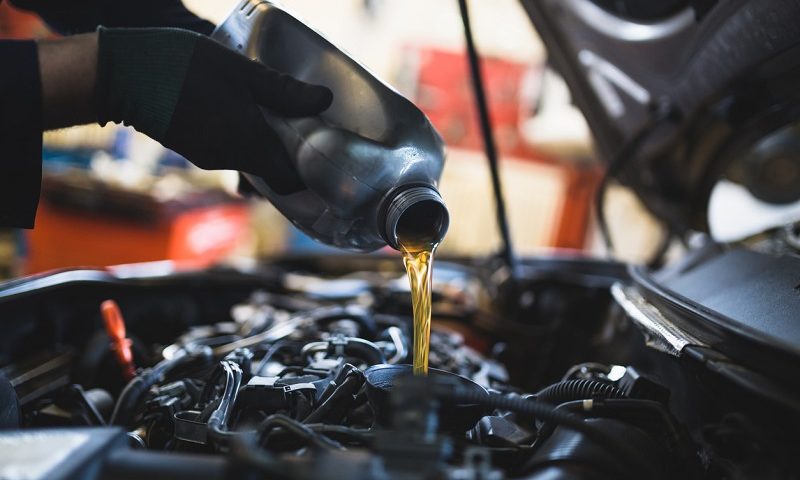Seven car noises you need to listen out for

Ever heard your car making weird noises but not sure what it means?
Even though you might just want to ignore the problem, it’s better for you to keep an ear out. Wessex Fleet has compiled a helpful list of seven car noises to listen out for, and what they could indicate, plus how much repairs could set you back.
Seven sounds that matter
- Squeaking under the bonnet
If you hear squeaking coming from underneath your car bonnet, it could mean a faulty water pump, which could cause your car to overheat. A new one – which is needed to stop your car from overheating – could cost you £280.
- Screeching wheels
A screeching sound when you brake could be an indication of worn-out brake pads. The pads wear down and get thinner over time, so this sound means it’s time for new brake pads which could cost as much as £250.
- Clunking by your wheels
When you’re driving over speed bumps or on rough roads, try to listen out for a clunking noise.
This could mean an issue with your anti-roll bar, which helps reduce body roll when cornering. An anti-roll bar can’t be repaired, so in this case you would have to get a new one installed, which can cost around £210.
Alternatively, if you’re driving at speed on a long straight road and you hear a grinding noise, it could mean your tyre or wheel bearing needs fixing. The average replacement cost for a wheel bearing is £200 per bearing. If you can see an issue with the tyre instead, you’ll need to get it replaced.
- Clicking when turning
A clicking sound when you try to turn can mean an issue with your CV (constant velocity) joints, which connect the front axle with the wheels for turning.
CV joints are covered by a rubber boot which is where issues often occur. When these are damaged, dirt and moisture can get in and affect the joint.
If you discover this issue quick enough, you’ll be able to repair it but a full replacement can cost £200.
- Squealing near the engine
Think you can hear some squealing coming from the engine?
It might mean a problem with the alternator belt, also known as the drive belt. This transfers power from the engine to other parts of your vehicle including the alternator, air con and steering. The cost of replacement depends on the make and model of your car, but the average cost is £150.
- Groaning
Turn your steering wheel and see if you can hear a loud groaning noise under the bonnet.
If so, you’re probably low on power steering fluid, which makes it easier to turn your wheel. You can buy and top up the fluid yourself, which will only cost you around £10-£15.
If, however, the fluid is black or brown, you’ll probably need a flush, which costs around £115.
- Rattling
The sound of a rattling exhaust indicates a crack in your exhaust or another type of misalignment. This could set you back £125 or £100.
Act fast
Simon Naylor, Director at Wessex Fleet, has said you should get familiar with the normal operation of your car and have unusual sounds looked at straight away.
“While the upkeep of a car can be expensive, whether you are leasing or you own the car, it’s important you listen out for any concerning noises your vehicle may start to make.
“Getting these sorted sooner rather than later could save subsequent faults and rising repair bills.”
Discover how many drivers know how to maintain their car.


